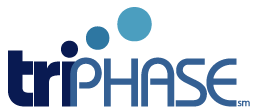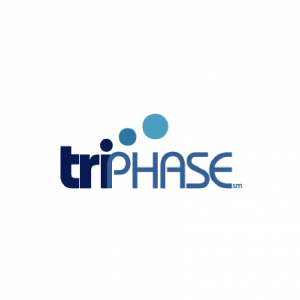MI portfolio company actively seeking additional products for licensing and development
 TORONTO and SAN DIEGO, Jan. 9, 2014 — A unique collaboration of life science leaders, including the Fight Against Cancer Innovation Trust, MaRS Innovation Ventures Trust and MaRS Phase II Investment Trust, have formed Triphase Accelerator Corporation, an oncology development accelerator.
TORONTO and SAN DIEGO, Jan. 9, 2014 — A unique collaboration of life science leaders, including the Fight Against Cancer Innovation Trust, MaRS Innovation Ventures Trust and MaRS Phase II Investment Trust, have formed Triphase Accelerator Corporation, an oncology development accelerator.
Triphase Accelerator’s announcement was covered in Yonge Street Media, Bloomburg Businessweek and Global University Venturing.
Formed in 2010, Triphase Accelerator Corporation is a cancer-focused biotechnology development company that aims to reduce the time and expense between an investigational new drug application and “proof-of-concept” at Phase II.
Triphase, spun out of the Ontario Institute for Cancer Research (OICR), develops and advances late pre-clinical, Phase I or early Phase II potential products. Triphase and its founding investors are in a position to take advantage of the excellent research and development capabilities in the Toronto healthcare and innovation ecosystem.
The Fight Against Cancer Innovation Trust (FACIT), MaRS Innovation Ventures Trust, and MaRS Phase II Investment Trust, are all Toronto-based equity investors in Triphase.
After company formation, Triphase entered into a strategic relationship with Celgene Corporation. Through this arrangement, Celgene obtained rights of first refusal on the first three oncology products Triphase advances to clinical proof-of-concept (POC), plus a right of first negotiation on three more future oncology products which may be acquired by Triphase.


